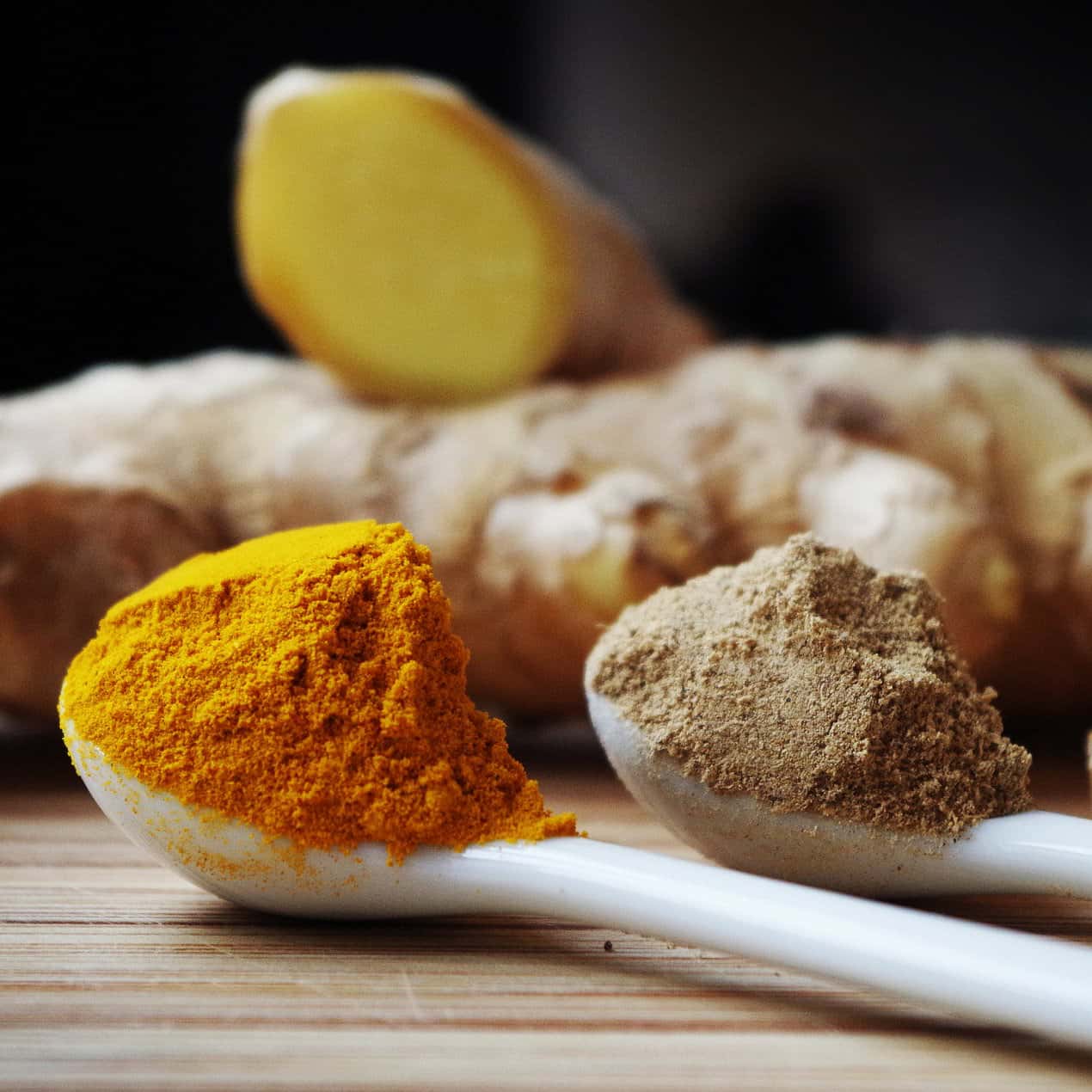
Most people experience a bump in blood sugar after they eat a meal containing carbohydrates. The body responds by secreting insulin to clear the blood sugar. Australian researchers wanted to see whether the active ingredient in turmeric, curcumin, could influence this glycemic response. Will curcumin control the rise in blood sugar and insulin after a meal?
Does Curcumin Control Blood Sugar and Insulin After Eating?
In the study, 15 healthy adults took curcumin, fish oil, both or placebo just before eating breakfast (Scientific Reports, online Sep. 12, 2018). The test meal contained two pieces of white toast with peanut butter and chocolate milk.
When the volunteers took curcumin with breakfast, both their blood sugar and their insulin levels were lower afterwards than when they took placebo or fish oil with breakfast. Those who took the combination of curcumin and fish oil also had lower blood sugar and insulin levels after breakfast. Curcumin alone was most effective, however. The participants took 180 mg of Meriva curcumin (two 90-mg tablets).
These were healthy individuals, and we do not know whether curcumin would have the same effect on people with type 2 diabetes. A previous study suggests that a nano-curcumin supplement of 80 mg per day reduced HbA1c in people with diabetes (Avicenna Journal of Phytomedicine, Sep-Oct. 2016). HbA1c indicates average blood sugar over an extended period of time, perhaps several weeks. In conclusion, anyone who decides to experiment with curcumin control of blood sugar should keep careful records. They should also stay in touch with their health care providers.

